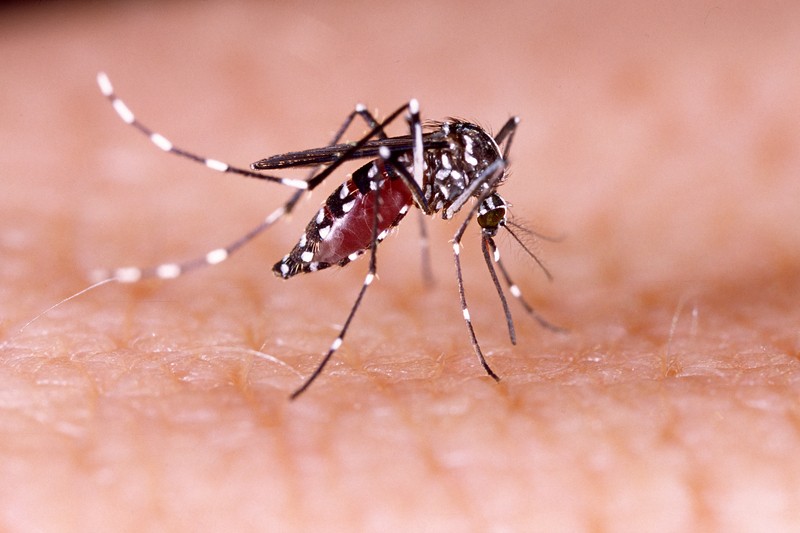While it may become tiresome to constantly prepare for a nationwide pandemic, as we are told almost yearly by the media that this is the year we are all going to die from some foreign illness, this year's Zika virus scare is certainly living up to its reputation. Learn more about it below.
Zika virus, native to Africa, has crossed the Atlantic and is predicted by the World Health Organization to infect 4 million people in the Western Hemisphere. It has been linked, more every day, to a number of birth abnormalities, including close to 5000 cases of microcephaly (a smaller than normal head circumference with a corresponding small brain) in Brazil. Researchers also have linked Zika to stillbirths, miscarriages, eye problems and other complications, with problems not only in the first trimester but throughout pregnancy. It is also related to Guillain-Barre syndrome, a condition where a person’s immune system attacks its own nerve cells, and, now, other neurological issues resembling multiple sclerosis.
Transmitted by the Aedes species of mosquitoes, the Centers for Disease Control and Prevention recently related its concern for the U.S. as warmer weather arrives this spring and summer, and the mosquito population explodes. A recent survey found the Aedes mosquito in 30 US states, up from 12 in past studies.
Sure enough, the more researchers learn about the Zika virus, the scarier it appears to federal health officials, and they’re urging more money for mosquito control and development of vaccines and treatments.
With the 2016 Summer Olympics taking place in Brazil, the country with the most cases, the CDC expects a number of U.S. tourists will return with the virus.
Zika Prevention and Treatment
Due to its novelty, there is no proven treatment for Zika virus and the first vaccines won’t be tested until at least September. This is past the time when the Aedes mosquito will be most active here, so it’s important to watch out for it. The NIH suggests bed rest, fluids, and acetaminophen to treat the symptoms of acute disease, which will resemble the flu, with the addition of rashes, joint pain, and conjunctivitis (“pink eye”). Aspirin and ibuprofen are discouraged as treatment, as Zika Virus may mimic a related virus, Dengue Fever, which can cause abnormal bleeding (Zika doesn’t). Indeed, Zika virus is related to not only Dengue, but also Yellow Fever and West Nile virus.
The most important thing you can do to prevent Zika infections is to make your property inhospitable to mosquitoes. If Zika has been identified in your home town, you will have to take aggressive measures. You can decrease the chance that mosquitoes will want to breed in your backyard by eliminating standing water. Consider long pants and long sleeves if the mosquitoes are thick in your neighborhood this summer. Use your mosquito repellents, and re-apply them often, especially if you’re pregnant or planning to be. Consider mosquito netting, especially if you like the windows open. And think about how important it really is to see personally who wins the pole vault at the Brazilian Summer Olympics. Don’t travel to the epidemic zone unless absolutely necessary.
With more and more people traveling, particularly in the recovering economy and with the Olympics just around the corner, it appears that this situation is only going to get worse before it gets better.
While scientists are currently working on developing vaccines, they won't be ready with the first batch until at least September. That means an entire summer of hungry mosquitos, so do what you can to protect yourself at every opportunity.
This is great information and great advice. To read more about this important topic, go to Doom and Bloom.
